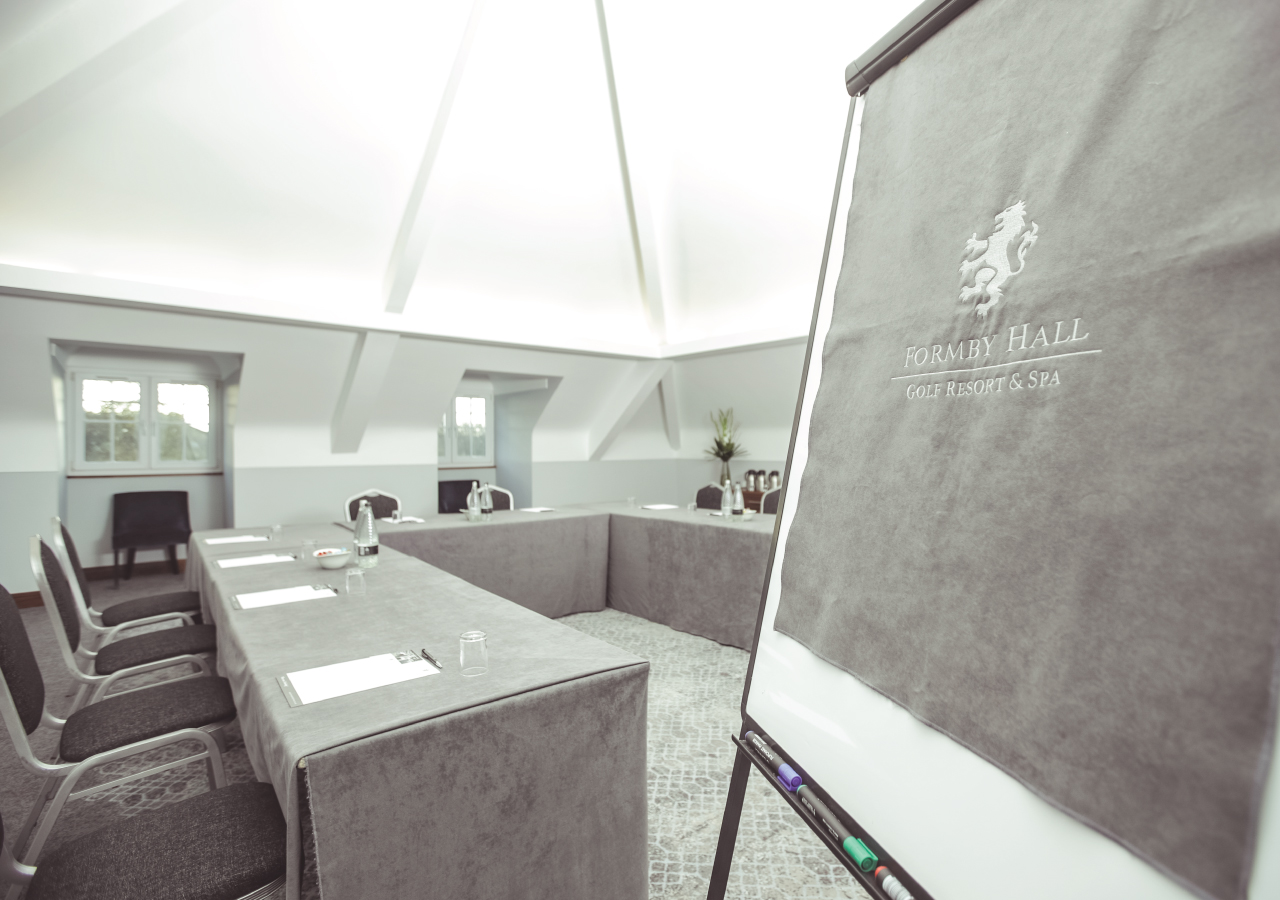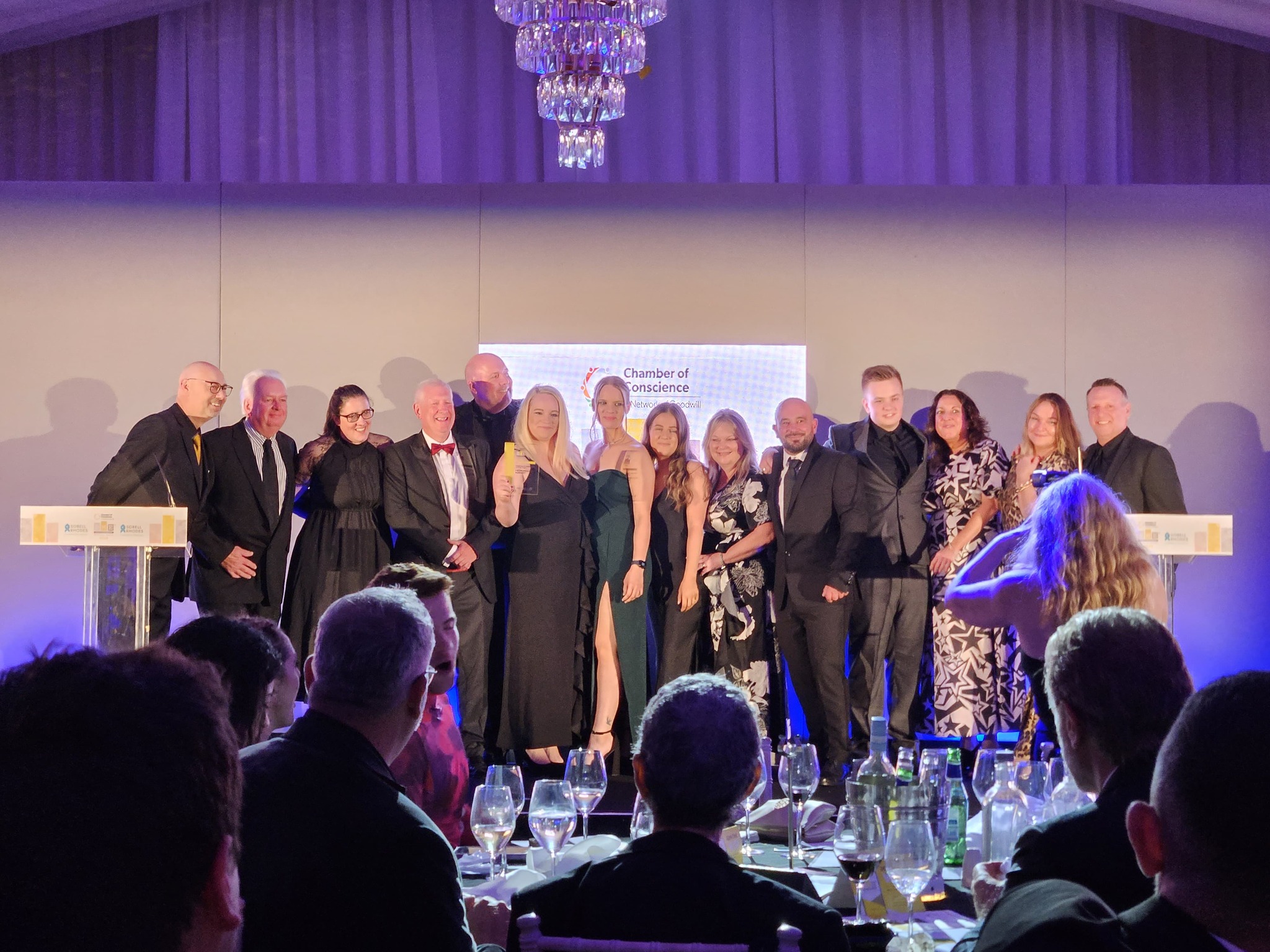Though many conference organisers almost automatically opt for the hustle and bustle of London when it comes to hosting an international event, it is the capital city north of the border whose star is rising the fastest.
Dominated by the historic castle perched on top of its rock and home to some of the finest research institutions in Europe, Edinburgh has risen up the rankings over recent years to become the second most popular UK city for holding international business meetings, behind its English rival, and the 36th hottest business destination in the world.
Indeed, this reputation is likely to be further cemented with the signing of several lucrative new deals which will see some of the world's biggest science and business names flock to the Scottish capital over the coming years.
First up will be the Dynamic Cell conference, organised by the Biochemical Society and the British Society for Cell Biology and to be held in April 2009.
This event is expected to generate in excess of £1 million for the local economy though, perhaps more importantly, it is likely to further enhance Edinburgh's international standing within the scientific research community, making use of the state-of-the-art facilities at the city's main university and calling on local experts to address the 500 delegates expected to be in attendance.
Likewise, the city's scientific research capabilities have also been cited as a major factor behind decision to hold the Congress of the European Society of Gastrointestinal and Abdominal Radiology in Edinburgh for the first time in June 2012.
Though it may not seem the most glamorous of events, it is nevertheless expected to attract 1200 delegates and generate £2.1 million, while the Quantitative Genetics conference also due to take place that month looks likely to bring in a further £1 million and hundreds of specialist guests.
According to Sue Start, the chief executive of the Edinburgh Convention Bureau, which secured these three scientific conferences alongside several others over the past few months, given the city's academic abilities such success is hardly surprising.
"Edinburgh and Scotland's reputation as leaders in advancing human knowledge in the fields of genetics, molecular cell biology and medical research has many benefits," she told the Scotsman.
"Being at the forefront of these exciting developments gives us a real advantage in attracting related conferences, where professionals can meet to exchange knowledge and ideas that will continue to push the boundaries of their disciplines. The added spin-off bonus is the benefit to our economy."
However, it is not just the universities and the related research facilities which are behind Edinburgh's enduring popularity among conference organisers.
As the case of London continues to demonstrate, events planners understand the significance of history, heritage and international status on the decision-making process of prospective international delegates or guest speakers.
Those faced with the prospect of staying away for a couple or nights or more understandably often want to combine a business trip with a break away and, as such, Edinburgh's Old City, with the castle and the Royal Mile, as well as the bustling Prince's Street with its world-class shops, bars and restaurants, is a real draw and invariably more than offsets the added cost of holding a conference in a relatively expensive European capital.
Of course, it is unlikely that the Scottish capital will ever take London's crown.
However, with venues like the multi-million pound Edinburgh International Conference Centre and the prestigious university being served by cheap transport links all across Europe, the future of conferencing in the city looks bright indeed. 






